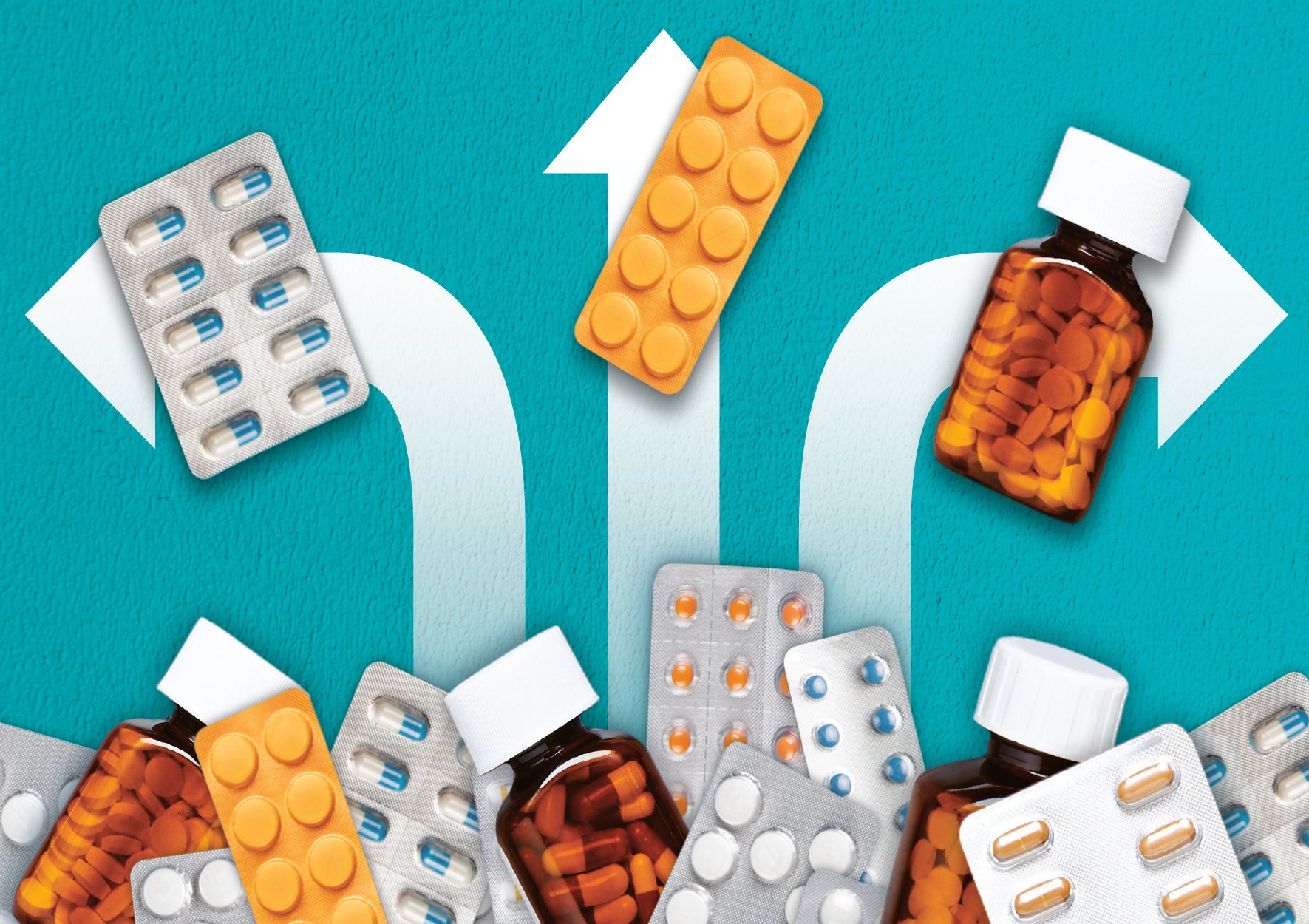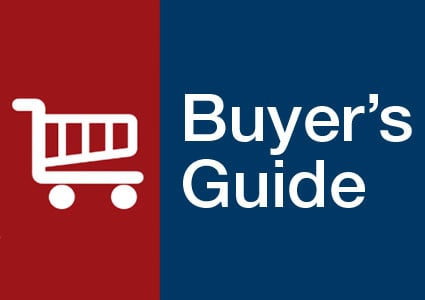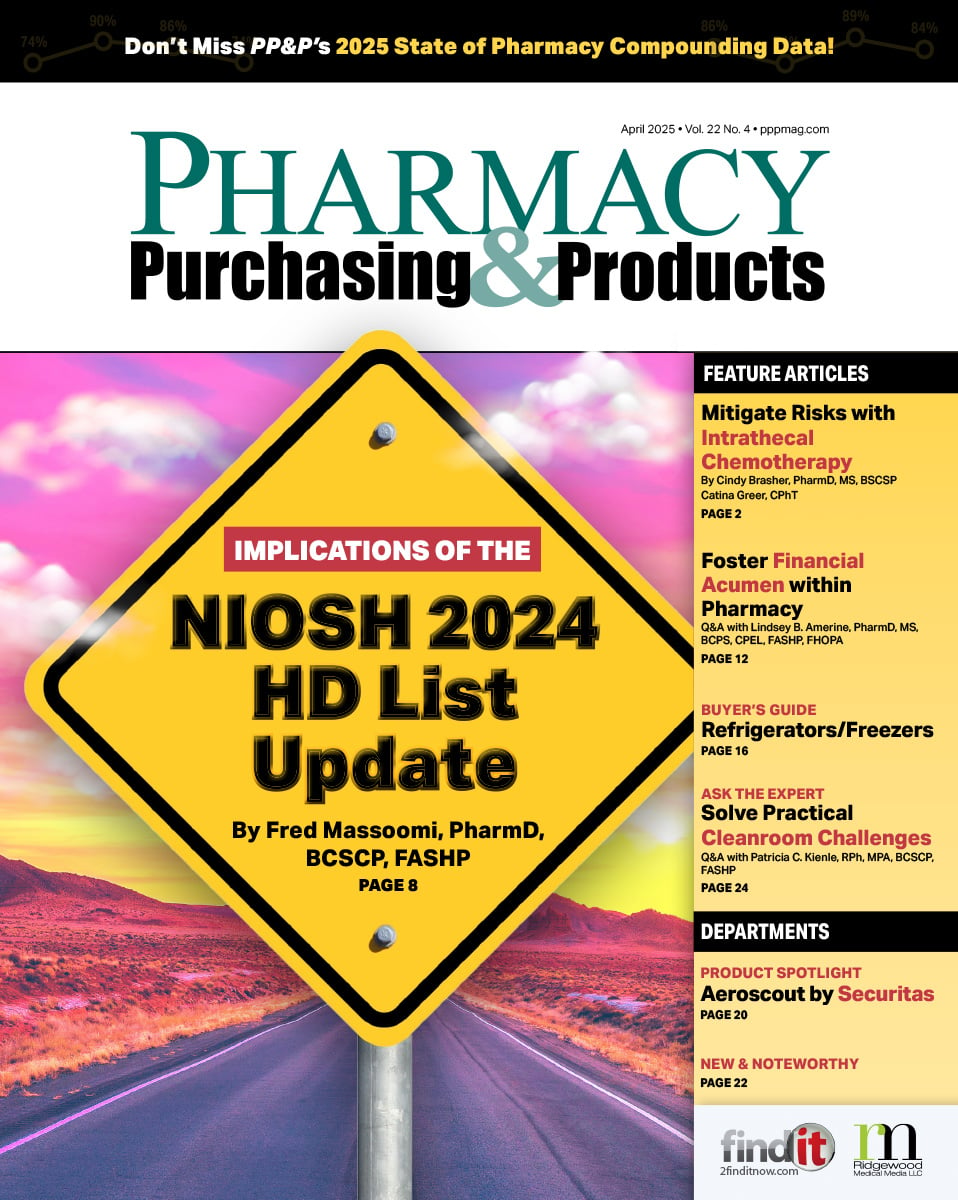- Show Menu
- Contact Us
- FAQs
- Reader Service
- Survey Data
- Survey Winners
- Testimonials
- Upcoming Events
- Webinars
- White Papers
ScriptCenter from Asteres
Ensuring patients have convenient access to prescribed medications after they are discharged from the facility often is overlooked by many hospitals across the country. A patient may have numerous options for fulfilling prescriptions, including national and local retail pharmacy operations, so many health systems are now seeking to capture or retain the revenue generated by prescription sales. In today’s health care environment, an admitted patient is often seen as a consumer, and it can be quite valuable to retain the business of that consumer after discharge. However, there is another type of patient consumer that also depends on easy access to new or maintenance medications—the hospital employee. This special consumer subset is particularly intriguing to many health systems, as they represent a wholly capturable demographic. The challenge herein is to create a program that distinguishes itself from other available options, and one way to do this is to offer around the clock medication retrieval.
In 2010, Berkshire Health Systems—a leading provider of health care services in Berkshire County, Massachusetts—opened a retail pharmacy specifically for the use of employees as part of an overall ‘Wellness at Work’ program designed to provide better, cheaper, and more convenient health services for its 3,500 employees. While this initiative was well received, we quickly realized that the initial 9am-5pm schedule was precluding access for the significant numbers of employees that work the second and third shifts at the hospital. (We later expanded the outpatient hours to 7am-7pm to accommodate our patient discharge program.)
Finding a Solution
The concept of an automated prescription pickup kiosk was immediately attractive as an alternative to the untenable model of a 24/7 retail pharmacy operation for our employees. Our goal was to make it easy for those on the second and third shifts to obtain their prescriptions while simultaneously reducing wait times at the pharmacy during normal operating hours, as the ScriptCenter kiosk is always available.
In order to ensure compliance with state laws, we consulted with the Massachusetts board of pharmacy, as well as the department of public health (DPH). The Massachusetts DPH, in conjunction with the board of pharmacy, established regulations for the use of the machine; the kiosk can only be used for refill prescriptions and controlled medications are not permitted. In addition, we had to submit a policy and procedure guide for approval.

Using the System
Implementation of the kiosk was a smooth process from the beginning as the device is rather intuitive. We did have to purchase a one-way interface from our pharmacy information system vendor in order to send prescription data to the ScriptCenter so that its software would recognize the order, but other than basic training for staff on the functionality of the machine, there were no issues with the implementation.
With the system in place, any employee utilizing the employee pharmacy for medication acquisition can obtain their prescriptions with a login ID and pin number. All prescriptions intended for pick-up through the machine are processed normally through our pharmacy system and then are sequestered for loading into the kiosk. At that point, the prescriptions are scanned into the device’s software via bar code. A technician also performs a visual scan to ensure correct patient name, prescription number, and proper drug in addition to the bar code scan of this same data. Finally, a bag designed specifically for ScriptCenter use is scanned to correlate the bag with the patient/prescription, the prescription is placed in the bag and sealed, and the bag is loaded into the device.
Conclusion
Since implementing the ScriptCenter, our patients and employees utilizing this automation have been extremely pleased. The 24/7 pick-up availability is particularly appealing and we have realized financial benefits as well, because the device has enabled us to increase our prescription volume by gaining the business of our second and third shift employees. Furthermore, the reduction in wait times for prescription processing for all others throughout the day is an added incentive.
A self-service prescription retrieval kiosk delivers forward thinking technology that has allowed our institution to provide better service to our employees and patients in a nontraditional manner, not to mention the cost savings recouped by not having to provide extra staff in the traditional outpatient pharmacy setting to handle the extra workload that would present were the kiosk not available. For facilities seeking to augment the scope of services to both their patients and employees, as well as capture added revenue, this technology is a great addition to any hospital or health system’s pharmacy department.
David MacHaffie, RPh, is the manager of employee and outpatient pharmacy services at Berkshire Health Systems. David is a graduate of Northeastern University with a BS in pharmacy and allied health sciences with a focus on drug metabolism and kinetics. He has developed and implemented an employee pharmacy program for Berkshire Health Systems, as well as an outpatient discharge program, which includes delivery of medications to the bedside along with an extensive patient counselling program.
Like what you've read? Please log in or create a free account to enjoy more of what www.pppmag.com has to offer.








